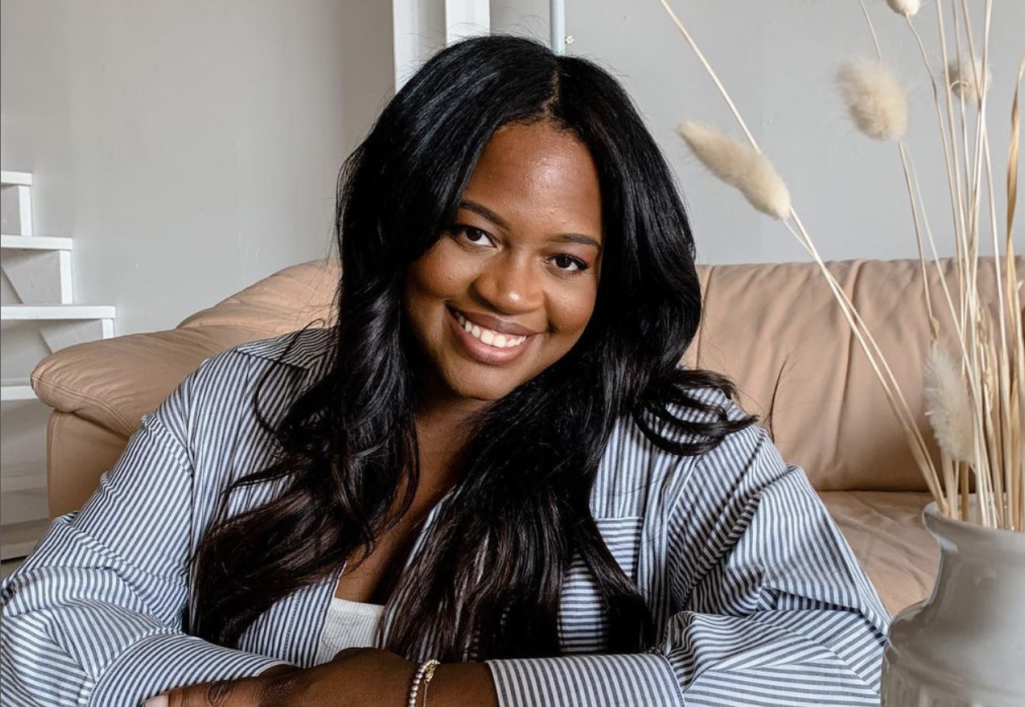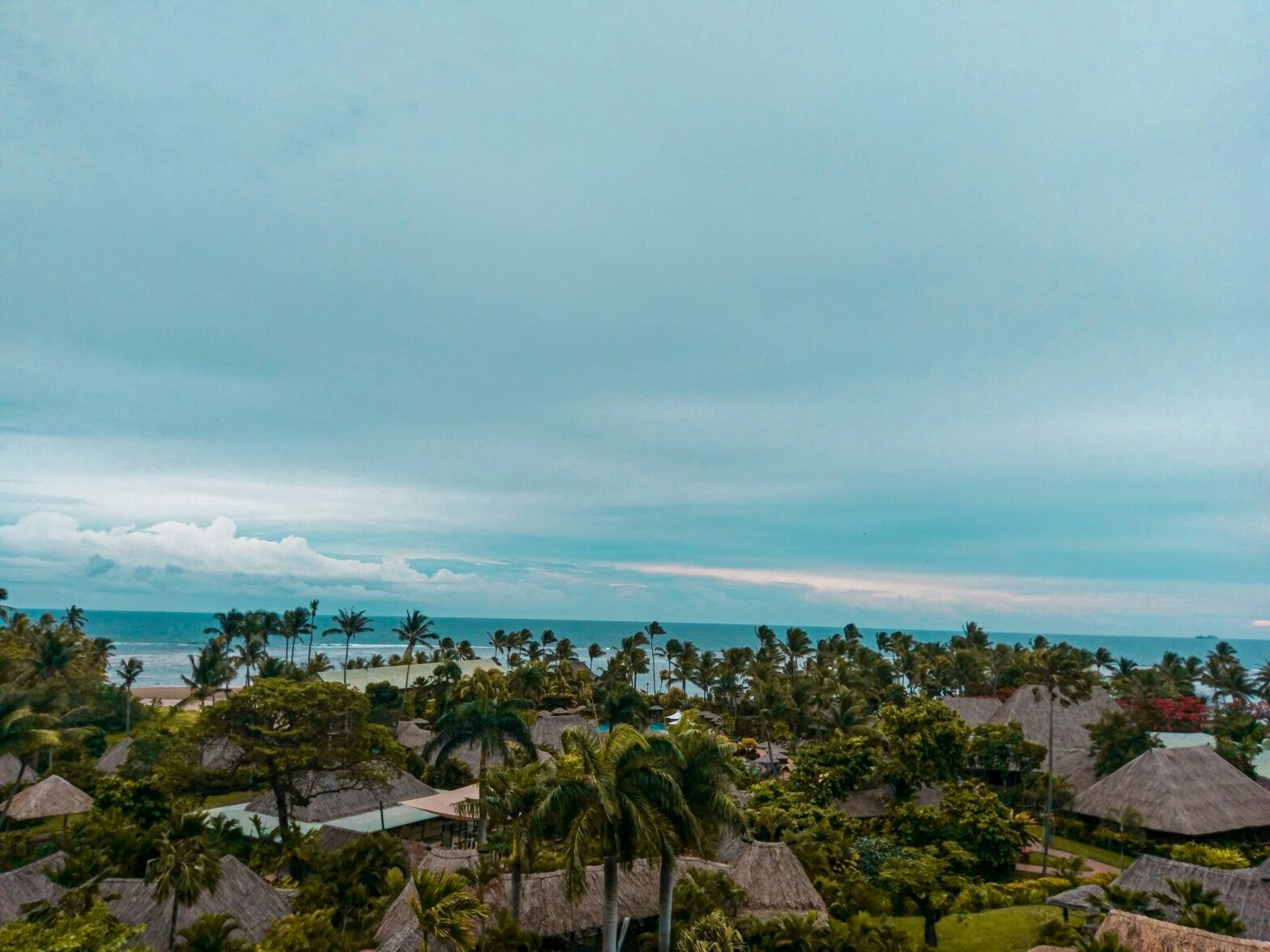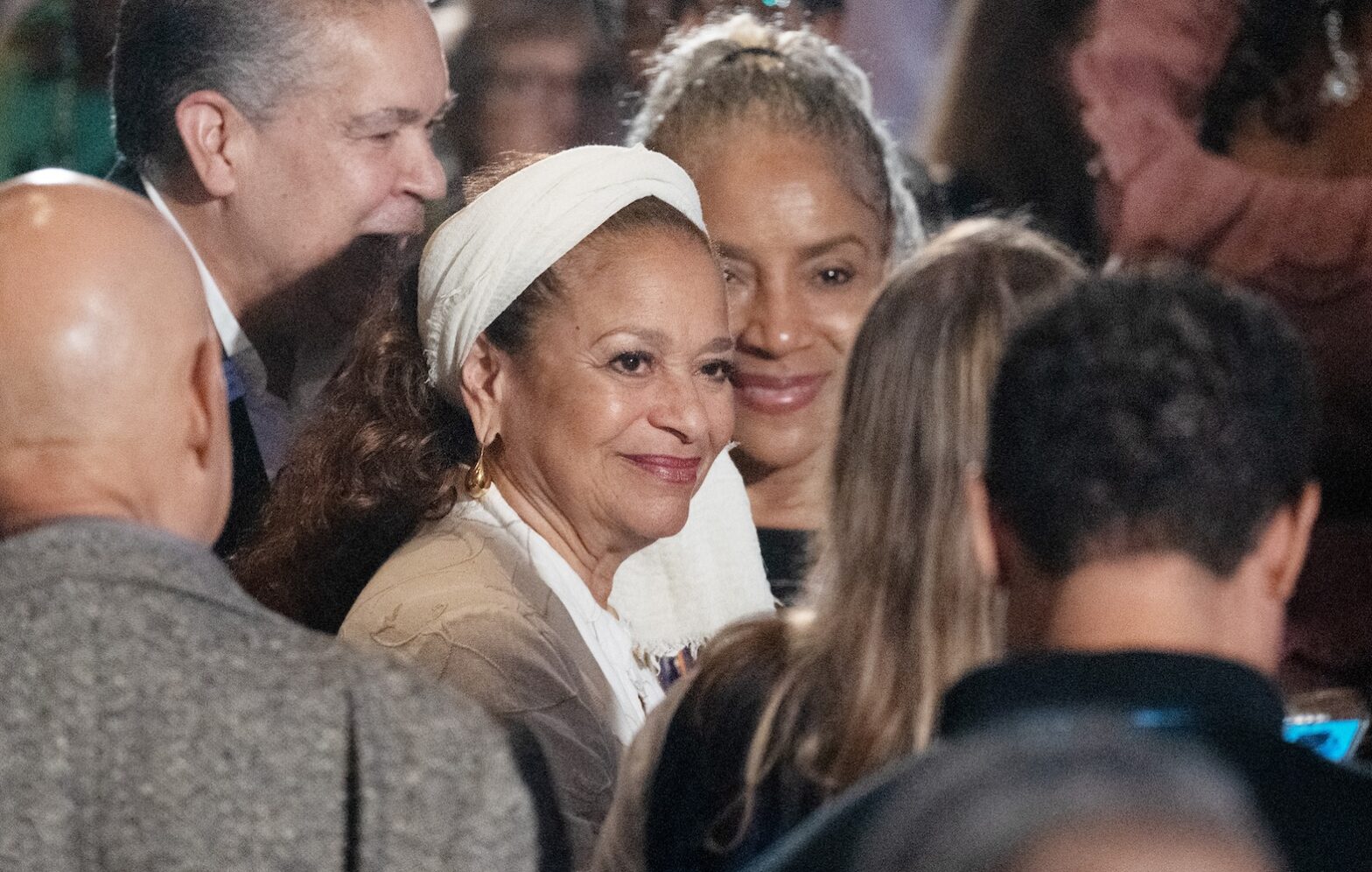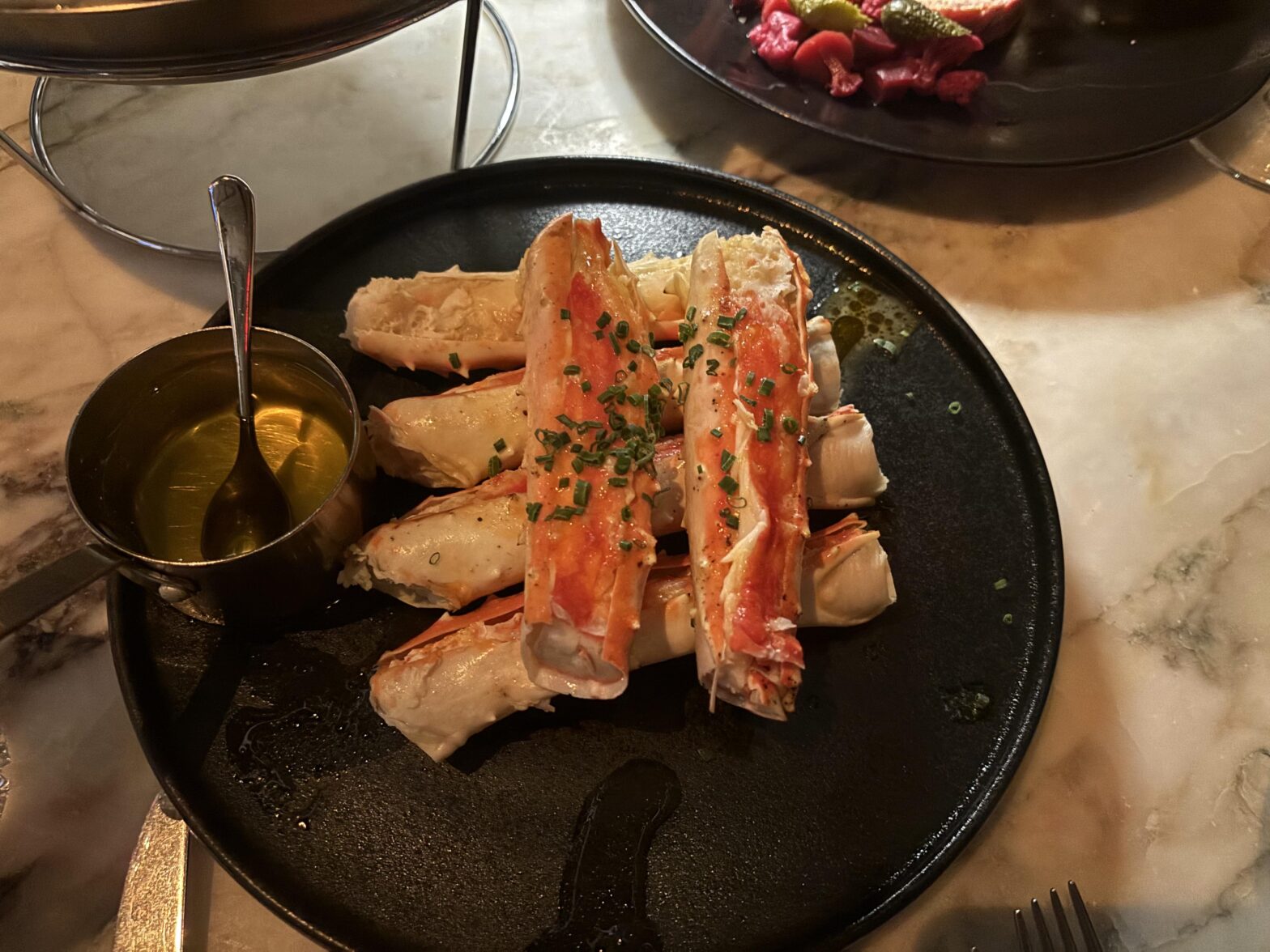Did you know Canada’s first taxicab service was Black-owned? Do you know the woman responsible for making February Black History Month in Canada? It’s okay if you don’t. It’s a lot about Black Canadian history that’s left untold. That’s why Fayola Benjamin is using TikTok to drop facts in 30-second videos about the country’s Black history.
https://www.tiktok.com/embed.js@fayolajamee More ✨ 30 Seconds of Black History✨ coming to you soon 🤍#learnwithme#blackhistory#historytiktok#2022#historytok ♬ original sound – zaq 🦖
Benjamin, a full-time lawyer, tells Travel Noire that she was initially inspired by George Flloyd. The conversations in Canada during that time made it seem that complicated race relations were isolated to America.
She says that’s far from the truth.
“For us, systemic racism is so heavily ingrained in a way that people are not able to understand it because there’s a huge disconnect between our real Black Canadian history and the narrative that we learn in school, and it’s just perpetuated.”
The narrative many Canadians learn in school is what a lot of people worldwide learn when it comes to some of the darkest moments in the United States’ history – which can be summed up as southern America was the worst during the slavery and Jim Crow Era, but further north, the better.
https://www.tiktok.com/embed.js@fayolajamee The story of the KKK in Canada & an interracial couple Ira Johnson and Isabel Jones (Pt.1/2) #blackhistory#blackcreatives#mystory#learnontiktok ♬ original sound – Sarah Cothran
“We are taught … from elementary school to high school, that enslaved people from the US were free in Canada after escaping. [We also learned] that compared to the U.S., they could do whatever they wanted,” Benjamin adds. “But realistically, based on my research and knowledge and stuff, I knew that this was not the truth.”
What It Means To Be Black In Canada
Benjamin, who currently resides in Toronto, says that while the chances of getting called the “n-word” or a Black person dying at the hands of law enforcement is rare, there are still some struggles.
“I have a Caribbean background. My parents are from Trinidad. Being Black in Canada, to me, means there’s not really a fit or space for me as a Black person here” says Benjamin. “I can only relate my feeling of being a Black Caribbean person when surrounded by my family and based on my culture … If I’m being honest, being Black in Canada is just knowing that you’re not appreciated or recognized for your Blackness, your culture or your identity.”
Black people in Canada now account for 3.5% of the total population and 15.6% of the population defined as a visible minority, according to the latest research.
Canada has approximately 1.2 million people who identify as Black residing in the country. That’s more than double the number from 1996 when a little more than 570,000 identified as Black.
https://www.tiktok.com/embed.js@fayolajamee 30 Seconds of Black History: Africville- pt.1#blackhistory#blackandproud#learnontiktok#tiktokcanadacreates#fyp#blackcreators#melaninmagic ♬ original sound – Fayola Jamee
While Black Canadians represent a small number of the population, there’s nothing little about their contributions. Aside from educating people about Black Canadian history, Benjamin is also highlighting the many contributions of Black Canadians.
“Black Canadian history is Canadian history. There’s no separation. Our contributions are equal to the contributions of everyone else in this country. It hasn’t been talked about or highlighted, and I want to shed light, not just on negative experiences but the achievements as well,” says Benjamin. “Doing this humanizes us and our experiences in Canada. If you understand that your Italian grandmother was here at the same time as my ancestors, it creates a complete picture of Black Canadians and what life is like for us.”
You can find her 30-second gems on TikTok @FayolaJamee.





